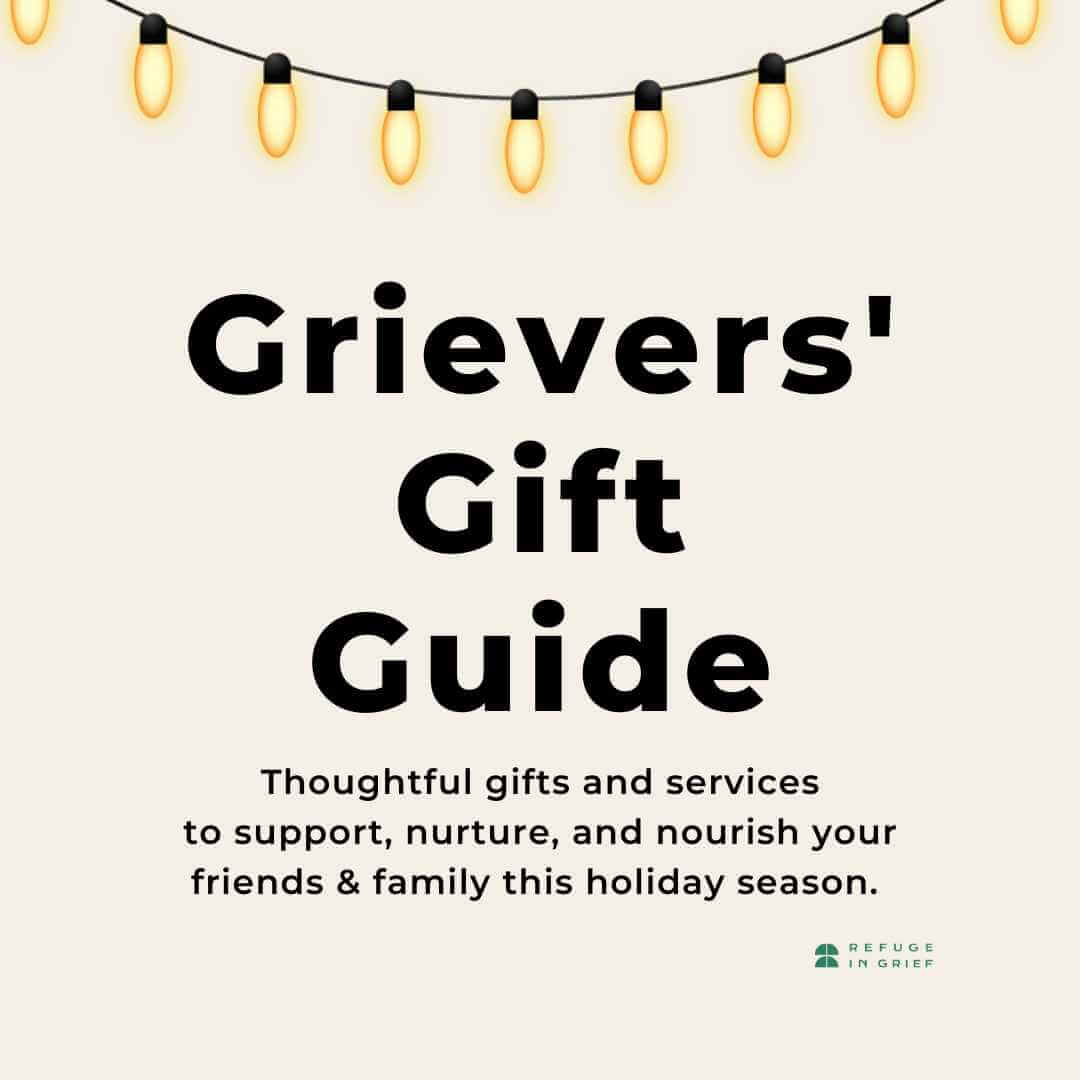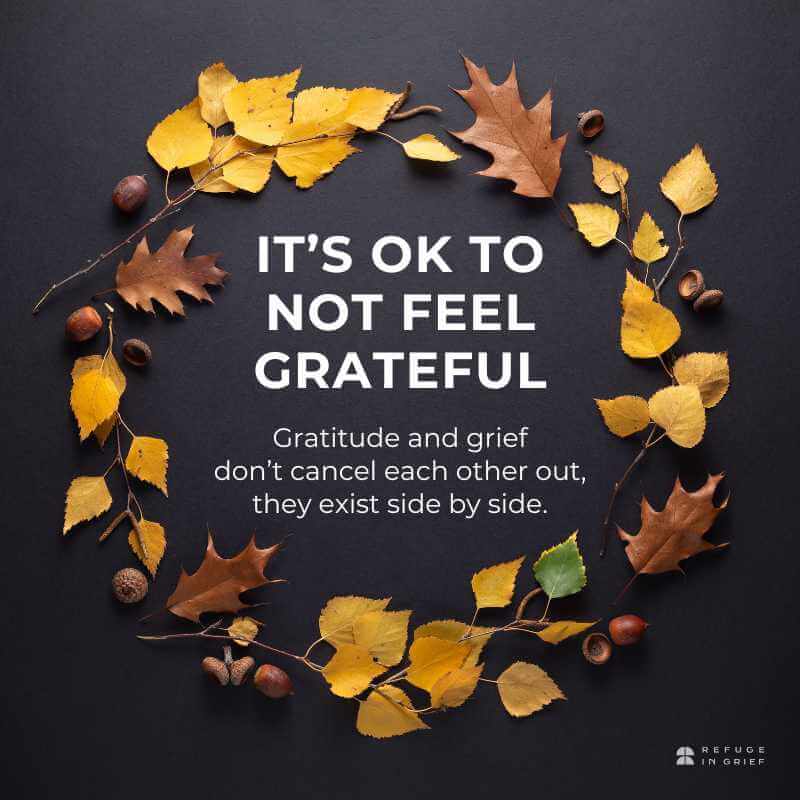the pros don't know grief – but they should.
 I always feel I should apologize for my profession when I hear how badly grieving people are treated by therapists and other health providers. You just get up enough courage (and energy) to talk to someone about how hard this is, and you end up educating them about the reality of grief.
I always feel I should apologize for my profession when I hear how badly grieving people are treated by therapists and other health providers. You just get up enough courage (and energy) to talk to someone about how hard this is, and you end up educating them about the reality of grief.
The problem is, counselors and other health providers aren’t taught about grief. Sure, they’re trained to support people in pain, but grief is an entirely different animal. Because licensing requirements are so extensive, there isn’t time in a standard counseling graduate program to spend more than an hour or so on grief itself. When grief is talked about, it’s usually within the five stages of grief model – and we all know those stages are utterly useless inside grief.
This means that many clinicians have no idea how to come to the kind of grief you’re living.
That’s why I’m so excited to work within the professional community: training those folks on how to best companion people in grief means, eventually, care for all grieving people will improve. Our cultural ideas about what it means to be with someone in grief will improve. It’s sort of the trickle down theory of love and support: if the professionals get on board, the culture begins to change around them. Of course, it can happen the other way, too – as the culture changes, those in the healing professions need to align themselves with what patients and clients most need.
A colleague overheard some docs in the audience talking at the break: they were comparing notes, saying, “we’ve been doing this all wrong! We have to do better!” It did my heart so much good to hear that.
It’s a long process. Things are already slightly better than when I was widowed in 2009, but there is a long way to go. These talks help those on the front lines of grief support understand what it’s truly like to carry pain that can’t be fixed.
There’s so much to do, and I can’t do this alone. The more you speak the truth about your grief, the better things get for everyone. I know you didn’t mean to be part of the revolution, and I so very much wish you weren’t. And here we are, together anyway. All of us have a part to play, even if it means simply showing up and telling the truth: this hurts, and it can’t be fixed.
If you’d like to hang out with other grieving hearts telling the whole and messy truth about grief, please consider joining the next session of the Writing Your Grief course. A new one opens every six weeks or so, so be sure to click the link to find the next one.
 And leave a comment to let me know how you’ve found the support offered by therapists, doctors, and other professionals. I’m always interested in hearing the good, the bad, and the ugly. It helps me know how best to support you, and helps me re-educate other professionals on the realities of grief. I love to hear from you.
And leave a comment to let me know how you’ve found the support offered by therapists, doctors, and other professionals. I’m always interested in hearing the good, the bad, and the ugly. It helps me know how best to support you, and helps me re-educate other professionals on the realities of grief. I love to hear from you.


